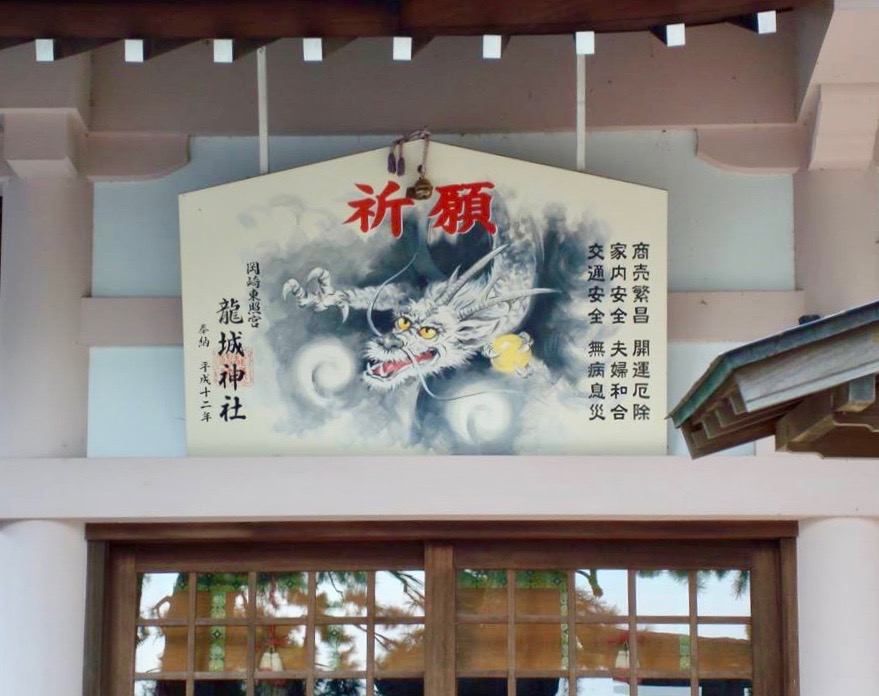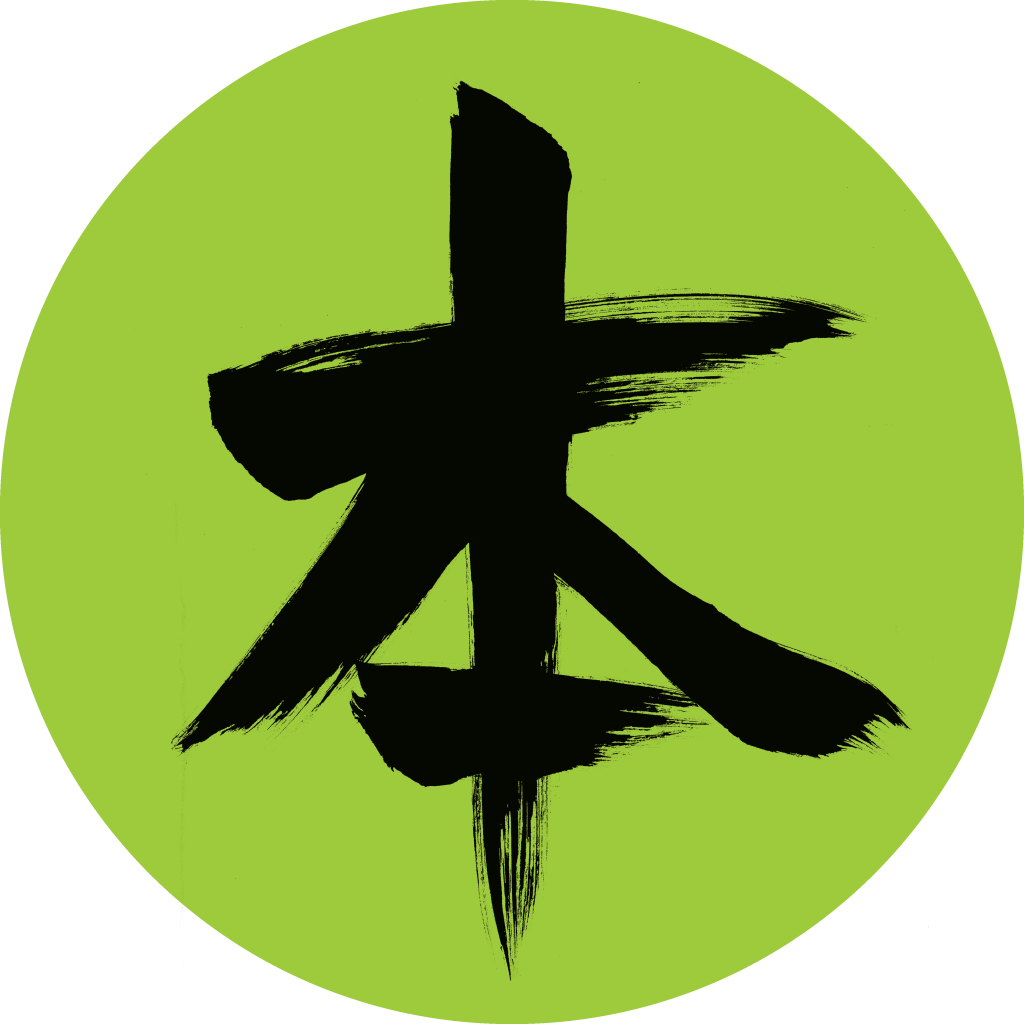Every December, a Kyoto-based kanji organization chooses a kanji that best represents the feeling of the past 12 months. For 2018 the winner was 災, which indicates “disaster.”
Last year Mother Nature walloped Japan with floods, typhoons, earthquakes, and a record-breaking heatwave, all of them proving fatal. As if that weren’t enough, there was recently a massive explosion in a Sapporo restaurant, injuring dozens.
Given all that, the selection of 災 seems quite apt. But I can’t help thinking that while 災 represents something terrible, this shape is far too cute for what it depicts.
The top of the character represents a “river,” which means “flood” in this context, according to Henshall’s A Guide to Remembering Japanese Characters. The bottom shape means “fire.” Fires and floods are symbols of disasters, he adds.
The 災 kanji has two Jouyou readings, サイ (sai) and わざわ•い (wazawa•i). To me the latter pronunciation sounds like someone’s reaction to a catastrophe: “WAZZUP with all this destruction?! WHY?“
We find わざわ•い (wazawa•i) in this phrase:
不測の災い (ふそくのわざわい or fusokunowazawai: unexpected disaster) not + expected + disaster
Aren’t almost all disasters unexpected? I mean, one can see a typhoon in the forecast, and these days one can anticipate that major storms will wreak havoc, especially in low-lying or otherwise vulnerable areas. Even so, I doubt anybody ever really expects a massive catastrophe (because we’re great at burying our heads in the sand), even though we probably should.
The term 不測の災い reminds me of a joke by comedian George Wallace, who is known for his catchphrase “People say stupid things.” One bit goes like this (and I’m working from memory here):
People say stupid things! They say things like, “He died of an untimely heart attack.” Well, of course it was untimely. Who looks at their watch and says, “Any minute now… It’s about time for that heart attack I’ve been expecting”?
Then again, Japan is disaster-prone, so the Japanese should probably be on guard more than most. Because disasters occur so frequently in that country, this is a common term:
防災 (ぼうさい or bousai: disaster prevention) prevention + disaster
In this photo below of an ema votive plaque, 災 appears in the bottom right four-character compound, read top to bottom as 無病息災 (むびょうそくさい or mubyousokusai), meaning “no illness.”

(Photo credit: Ulrike Narins)
Here’s a spin-off:
防災頭巾 (ぼうさいずきん or bousaizukin: a protective hood worn during earthquakes and other disasters [to protect the head from falling objects]) prevention + disaster + head + cloth
I’m sure I shouldn’t be joking about any of this stuff, but 防災頭巾 strikes me as funny. Wouldn’t a helmet provide more effective protection than a 巾, which means “cloth”?
I can just imagine the conversation: “Yeah, I’ll be running into a burning building, and yeah, bricks and wood will be raining down on me, but no, I don’t need a hard hat, thanks. I have a magic hoodie to protect me.”
I Googled 防災頭巾, certain that despite the kanji, these protective hoods would turn out to be quite solid. Nope! They look about as protective as bubble wrap.
This topic is rather grim, so let’s examine more cheerful terms involving 災. Here’s one:
一病息災 (いちびょうそくさい or ichibyousokusai) 1 + sickness + breath + disaster
The breakdown certainly doesn’t seem uplifting, but I promise that this term is. What could it mean? Choose one option:
a. After surmounting a serious illness, a person will be fine for life and can breathe freely.
b. Only one person in a family becomes seriously ill, so if someone else already is, you’ll be okay.
c. One who is sick gains an invaluable perspective on what matters in life.
d. The chronically ill take better care of themselves and therefore live longer.
 Eve Kushner is author of Crazy for Kanji.
Eve Kushner is author of Crazy for Kanji.
And the answer is:
d. 一病息災 (いちびょうそくさい: 1 + sickness + good health [last two kanji]) means “The chronically ill take better care of themselves and therefore live longer.” I’m really not sure I agree, but let’s focus on kanji matters, not mortality statistics!
Note that I changed the breakdown to reflect that 息災 means “good health.” Various dictionaries indicate that this reading of 息 means “to stop” and was originally a Buddhist term that meant “the Buddha prevents disasters from happening.”
We find 息災 once more in another positive four-character compound, this time at the beginning of the word:
息災延命 (そくさいえんめい or sokusaienmei: health and longevity; enjoying a long and healthy life being untouched by disaster) good health (first two kanji) + prolonging life (last two kanji)
We can’t hope for much more than that. Except for money. There’s no use in living a long life in brutal poverty.
Here’s hoping all of us have a healthy and prosperous 2019!
About the Author: Eve Kushner is author of Crazy for Kanji: A Student’s Guide to the Wonderful World of Japanese Characters. She also runs the Joy o’ Kanji website.
